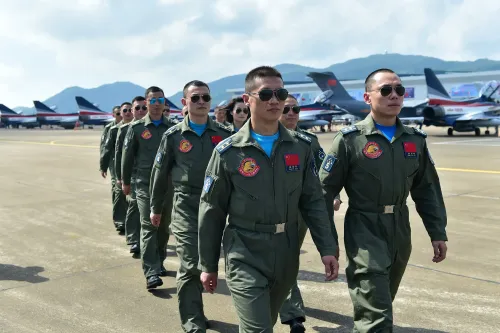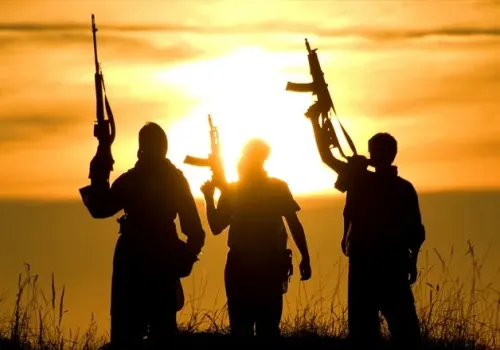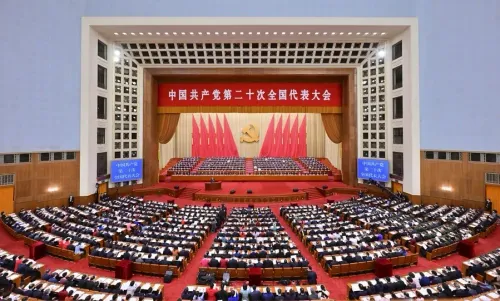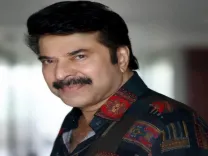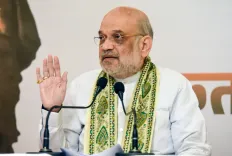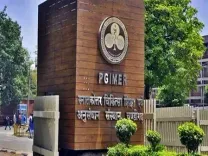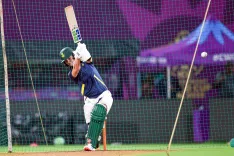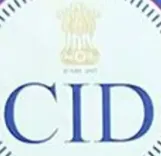Is India's Candidate for the Law of Sea Tribunal Being Honoured?
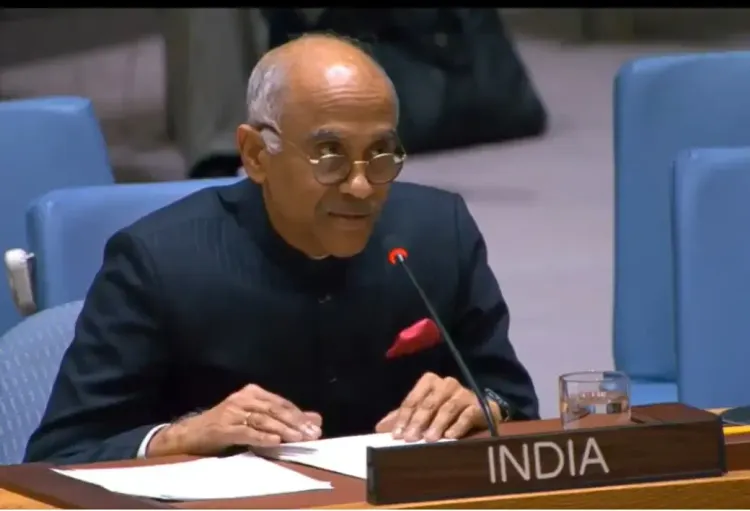
Synopsis
Key Takeaways
- Bimal Patel is India's nominee for the ITLOS.
- The reception was part of International Law Week.
- India aims for a #ViksitBharat by 2047.
- India actively engages with UNDP and UNICEF.
- India supports the IAEA in nuclear governance.
United Nations, Oct 30 (NationPress) India’s representative for the International Tribunal for the Law of the Sea (ITLOS), Bimal Patel, was celebrated during a reception attended by members of the parliamentary delegation, hosted by Permanent Representative P Harish.
The event took place on Wednesday at India’s UN Mission, coinciding with the International Law Week that Patel is participating in.
Patel, who is India’s nominee for the upcoming elections scheduled for June next year, has been actively promoted by India.
On Thursday, he is set to deliver a speech on 'The Resilience of Conventional Multilateralism' alongside other candidates at a UN event sponsored by France.
As an esteemed international jurist, Patel is currently a member of the UN’s International Law Commission and holds the position of vice chancellor at the Rashtriya Raksha University in Gujarat.
Neeru Chadha, who was elected to the ITLOS in 2016, will conclude her nine-year term next year, and currently serves as the tribunal's vice president.
The Members of Parliament, representing various political parties across India, are the second group attending the General Assembly session as part of the Indian delegation.
They have been articulating India’s stance in sessions at the General Assembly and its committees, while also engaging with UN officials and diplomats.
On Wednesday, they engaged in discussions with Kanni Wignaraja, the UN’s Assistant Secretary-General and Regional Director for the UN Development Programme (UNDP) in Asia and the Pacific.
India’s Mission shared on X, “They had a productive discussion on India’s long-standing collaboration with UNDP and identified ways this partnership can support India’s vision of a #ViksitBharat by 2047,” which aligns with Prime Minister Narendra Modi’s ambition to transform India into a developed nation by the centenary of its Independence.
In a meeting with UNICEF officials, the discussions centered around the agency’s global initiatives, particularly its partnership with India on policies concerning children’s health and well-being.
South Africa’s Permanent Representative, Mathu Joyini, also met with the MPs to discuss matters pertinent to Global South countries in the UN context.
Joint efforts between New Delhi and Pretoria, such as the IBSA initiative, aimed at development projects, were also on the agenda.
Two MPs addressed nuclear issues during their meetings.
D Purandeswari, BJP MP from Andhra Pradesh, reaffirmed India’s strong backing for the International Atomic Energy Agency’s (IAEA) crucial role in fostering the peaceful, safe, and secure applications of nuclear science and technology.
During her address at the General Assembly session regarding the IAEA’s report, she highlighted India’s advancements in nuclear power and research, including the development of indigenous CAR-T cell therapy which enhances access to affordable cancer treatment.
On a global scale, she asserted that India backs the IAEA through capacity building, technical cooperation, and the sharing of expertise with partner nations.
Additionally, during a briefing by the Security Council’s committee on nuclear non-proliferation, GK Vasan reiterated India’s dedication to global endeavors aimed at preventing the proliferation of weapons of mass destruction.
The panel, known as the 1540 Committee, focuses on curbing the spread of chemical and biological weapons.
Vasan, who also serves as the president of the Tamil Maanila Congress, noted that India maintains a robust legal and regulatory framework to fulfill the provisions of Resolution 1540.
One key aspect of this resolution is to thwart terrorists from acquiring weapons of mass destruction.

